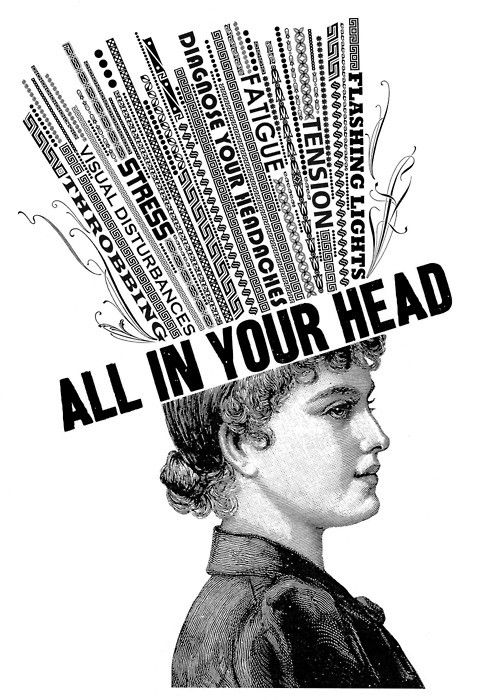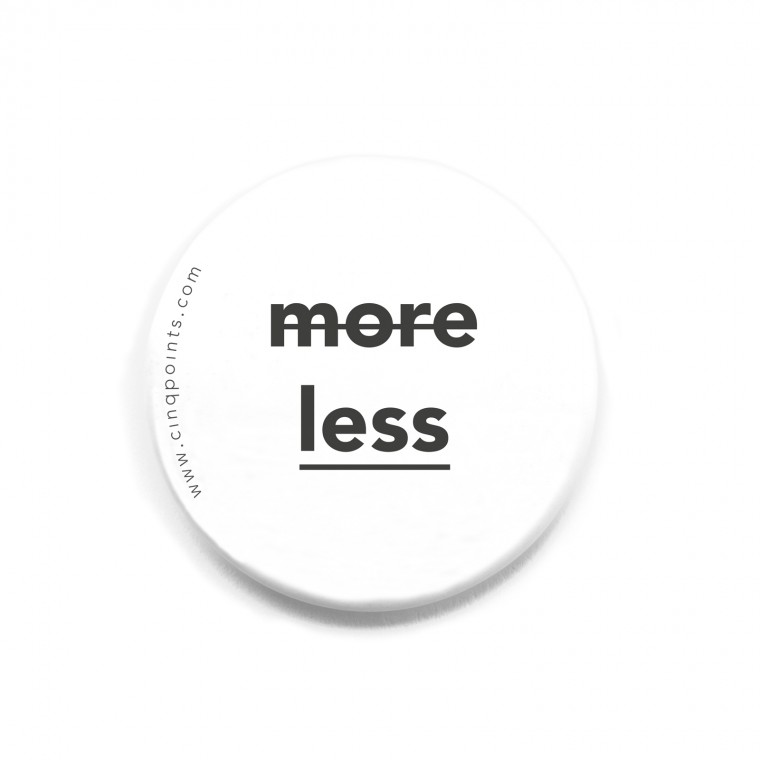 The last seven days have been interesting, if nothing else.
The last seven days have been interesting, if nothing else.
Each day brought a flare-up of existing MS symptoms; one day blinding fatigue (hit by an anvil), the next Bambi legs.
Then there were the dodgy hands (hello smashed crockery), the stumbling, the teeth-gnashing nerve pain, the upside-down balance issues.
As I normally do when this happens, I retreat home, batten down the hatches and conduct life from my sofa and my bed. It’s taken years of practise and I think I now have it down to a fine art. Even the cat knows what’s expected from her. She has a chair opposite my bed (with a special blanket on it) and keeps a beady eye on me and also dominates the sofa opposite mine (much to The Teenager’s chagrin when he’s home).
MS is a boxing opponent who just won’t give up. They might leave the ring for a little while, to grab an energy drink or something, ready for the next bout, then they’re striding towards you once more, when you’ve barely made it back on your feet.
And the worst thing about this? Every single one of my symptoms are virtually invisible to all but the people closest to me. If I have to explain nerve pain and fatigue one more time, I’ll scream. And if someone says, ‘but you looks so well’, I’m half-tempted to say, ‘yeah, bit fat, got MS’ and see if they shuffle away.
MS is a very lonely illness. Of course, I live alone, but still. It shoves you into the deepest, darkest corners of real life. I had to cancel meeting a friend yesterday and I was devastated. I schlepped around the house, slept three times and listened to life going on outside my window.
So, I went to work today. I know I’m lucky, working with my best friend. He picks me up in the van, coffee ready in the cup-holder. He takes me shopping and on errands. At work, he made me take ‘cool breaks’. We had a laugh and it felt wonderful to be out and about, engaging in real life, despite my legs crawling with pain. For a short while, MS didn’t matter.
I get knocked down and I get back up again as the song goes and MS truly feels like that. Each day is shaped around MS and I could let it dominate or I can work with it to make it work for me. It’s amazing what you can get done from a sofa before nodding off to sleep yet again.
There may come a time when the balance tips, I know that. But until then, I’ll take the blows and get back up again.

 I’ve been thinking.
I’ve been thinking. The news came through a few weeks ago that the medicine I chose to tame my multiple sclerosis (MS) had been restricted by the European Medicine Agency.
The news came through a few weeks ago that the medicine I chose to tame my multiple sclerosis (MS) had been restricted by the European Medicine Agency. I lived with a millionaire for four years.
I lived with a millionaire for four years. I think it’s when they ask you, in all seriousness, for a spare dish to cook lasagne in (from scratch) to take back to Uni after the Easter holiday .
I think it’s when they ask you, in all seriousness, for a spare dish to cook lasagne in (from scratch) to take back to Uni after the Easter holiday .